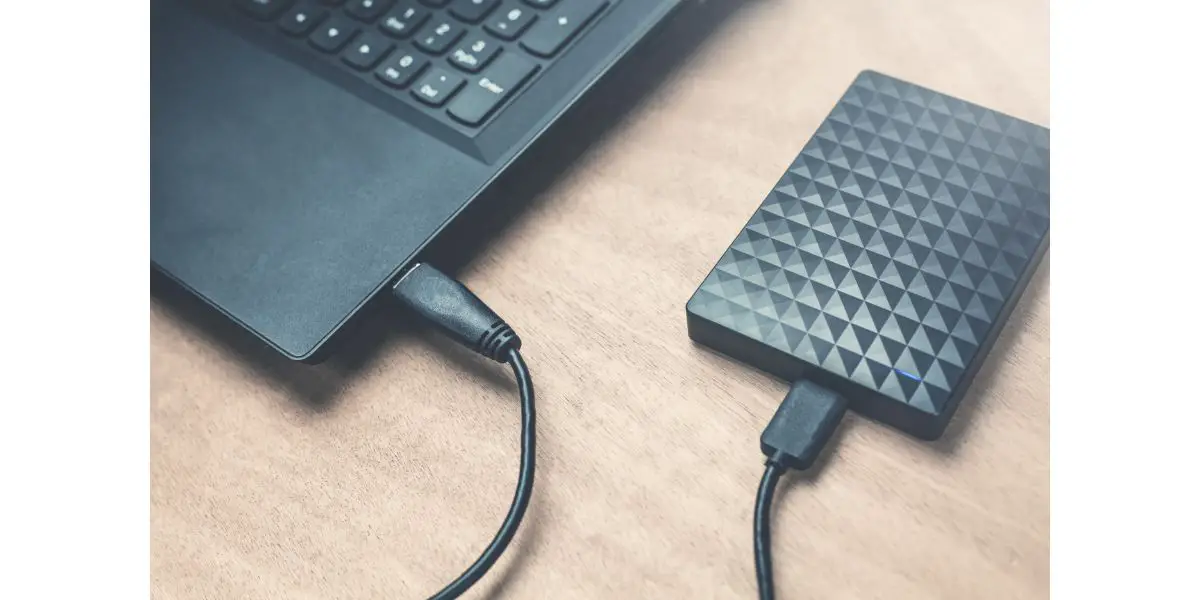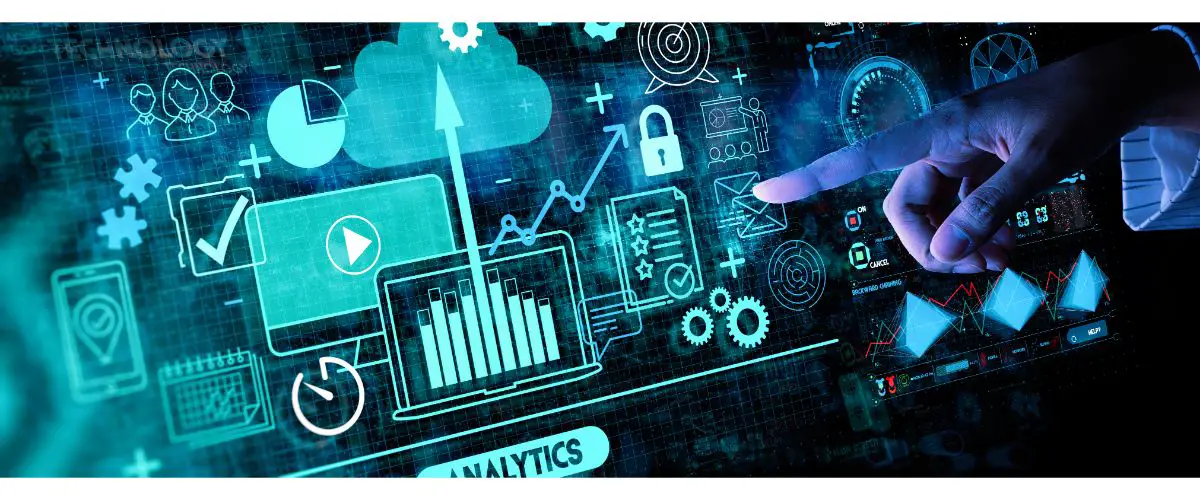Disclaimer: This post may contain affiliate links, meaning we get a small commission if you make a purchase through our links, at no cost to you. For more information, please visit our Disclaimer Page.
External hard drives are excellent options for data storage. They are portable yet have large capacities. Most of all, it does not take a genius to use the. All you need to do is connect them to a computer’s USB port to access their contents.
Because of these benefits, many users prefer external hard disks to back up data they’ve already stored elsewhere. Further, many external drives are great for copying the entire contents of the main drives.
Despite the benefits, some people might have security concerns when storing files using them. Today, we will check out how prone external drives are to security risks.
Additionally, we’ll try to set some security benchmarks as we evaluate external disks on the market today. We will also look into leftover signs that someone is cloning a drive.
Table of Contents
Can an External Hard Drive Be Hacked?
Yes, someone could hack an external disk drive. However, the specifics of this process are a bit more complex. With enough time, the right resources, and some technical knowledge of encryption and decryption, someone with the proper skills could get into any system. Before we get into the details of this process, we should discuss the security of external drives.
By default, most external drives you purchase don’t have any security. However, this is not to say that they are not relatively secure devices. When we talk about security in this context, we’re only referring to specific measures that protect the drive and its contents from unauthorized access.
Most manufacturers don’t add this feature right out of the box because it may not always be necessary for everyone. Further, depending on the software compatibility of your drive, you can add layers of protection to it later.
External drives have some relative safety thanks to how the storage media works. You can immediately access its files or folders when you plug in an external drive. The computer should detect that you’ve attached a new device, find it, and make the drive letter and its contents available.
However, you have to be careful not to lose the drive. Anyone with physical access can plug it into a computer and see the contents. Usually, they will not need any authorization checks to do this. Therefore, hacking the drive is unnecessary.
How Secure Are External Hard Drives?
Despite not having native security, you can still make them relatively safe. There are ways to put protection on your external drives. More than that, however, you can keep drives secure by knowing where they are at all times.
Since they are portable, carrying the drives is convenient, even in your pockets. Similarly, to prevent theft, you could store the drives inside cases, safes, or other physical storage locations.
An external drive can be a safe way to store your data, but keep them safe. If you want to add digital layers of protection, you can get software that can encrypt a drive or add password protection to it.
A password protects the drive if you set them up correctly. Thus, anyone who is not you would not have a way to access the files on the drive. However, there is a type of malware that forces the decryption of the drive itself. Therefore, keeping track of the drive is essential, and you should not rely on any security check alone.
Can You Tell if a Hard Drive Has Been Cloned?
Cloning a hard disk involves making an exact duplicate of the drive’s contents in every way. In other words, it would be nearly impossible for the average user to distinguish an original drive from its copy.
While most people are probably familiar with copying individual files or folders from one drive letter to another, cloning an entire drive takes this process to a new level. If someone else manages to clone one of your drives, they could have access to any sensitive data stored there.
If you suspect someone may have cloned one of your drives, there are ways to check this. First, you have to have tech knowledge. Whether you found traces of the cloning depends on how the other user went through the process.
If the user ran specific software to clone one drive to another, there might be ways for you to recover aspects of that software as deleted files that are still visible in your system.
However, if the other user placed your drive on a completely different system to do the cloning, it is almost impossible to tell that the operation occurred. Similarly, sophisticated software can duplicate disks without connecting them to a different system first, and this software would not leave a trace for you to find.
How Can I Tell if Someone Copied or Accessed Files From My External Hard Drive?
Cloning hard disks involves someone working with different partitions on a particular drive. Conversely, looking at or copying files only consists in using the files and folders in question. Although we can gather lots of different data from information that files display for us, there is no way to be sure that someone else copied files from an external drive.
In contrast to modifying files somehow, this one leaves some evidence behind. There are ways to look for the date on which someone opened a file for the last time, but this is not conclusive.
There is a SMART monitoring system on hard drives. This system might give you clues about file access or copying, but you would need to set it up in advance to get any benefit out of it.
What Is the Most Secure Way To Store Data?
There is no single answer to this question, but we can offer some guidelines to protect your data. If you don’t encrypt your data on any given drive, start using software to set up these protections as soon as possible.
It is also a good idea to create multiple backups of sensitive data. Just make sure that you protect these storage devices as well. If you want to copy or send files, don’t do so over any connections that don’t have security. Once you know you don’t need some of your data, consider deleting it.
Conclusion
Thanks to the size and relatively inexpensive external disks, they can immediately expand your storage options.
Although there are some security risks here, you can mitigate these by keeping track of your disks. If you know security software, start putting protections on all the drives you own to give them a digital shield and keep the physical units in a safe place where no one could take them easily.


